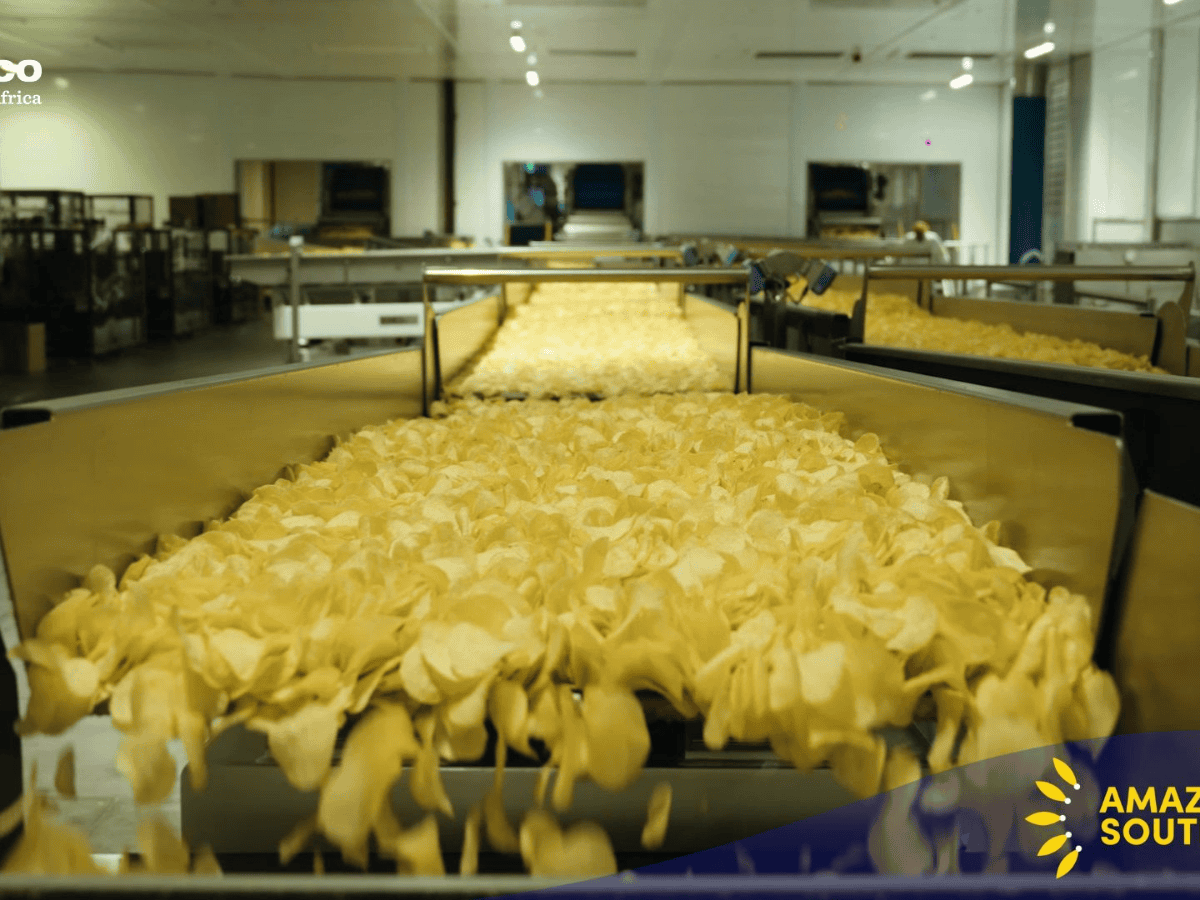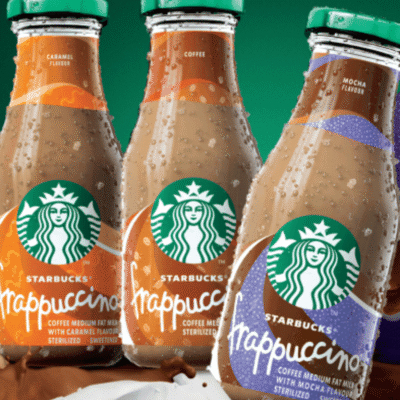SOUTH AFRICA – PepsiCo South Africa has unveiled a new state-of-the-art potato chip production line at its Isando facility in Johannesburg, following an investment of R746 million (US$41.3M).
This expansion aims to bolster the company’s ability to meet growing consumer demand for snack foods across Southern Africa while creating 100 new jobs within the local community.
The investment will also enhance the company’s export capacity, as PepsiCo South Africa’s chip brands are shipped to other countries beyond the domestic market.
Potato chips remain a critical segment of the company’s snack production portfolio, representing a substantial part of its business operations.
Currently, PepsiCo operates four potato chip production lines across three plants, with each running at more than 85% capacity.
The addition of the new line will increase the facility’s production capacity by 29%, streamlining supply chain operations and enhancing efficiency.
Commitment to innovation and sustainability
Riaan Heyl, CEO of PepsiCo South Africa, emphasized the importance of the expansion in addressing consumer demand and fostering innovation.
“Expanding our potato chip production capacity is an important move to meet the growing demand for South Africa’s much-loved snacks. Alongside creating new jobs, this new line shows our commitment to innovation and efficiency, as we continue to deliver high-quality products to people,” he said.
The strategic location of the Isando plant near major potato-growing areas eliminates the need for long-distance shipments of raw materials, reducing transportation costs and improving logistical efficiency.
The facility’s central position also eliminates 2.2 million kilometers of cross-country shipments annually, cutting over 2,300 trips and significantly lowering greenhouse gas emissions.
Local suppliers and contractors were integral to the installation process, further driving indirect job creation and supporting small to medium enterprises in South Africa. This aligns with PepsiCo South Africa’s commitment to local economic growth and sustainability.
Growing snack market driven by changing consumer preferences
The savory snack market in South Africa, which is highly competitive and valued at US$1.78 billion in 2024, is projected to reach US$2.58 billion by 2029, growing at a compound annual growth rate (CAGR) of 7.74%.
The sector is shaped by evolving consumer behaviors, including a growing preference for convenient snack options fueled by rising disposable incomes and cultural shifts.
The concept of “snackification,” driven by demographic and economic changes, is contributing to the expansion of the market.
PepsiCo’s continued expansion and strategic shifts
PepsiCo’s journey in South Africa began in 1997 with its investment in Simba, a move that has seen the company continuously expand and streamline its operations.
Recent developments include the divestment of its Marmite and Bovril spreads business and the Savoury Food Ingredients division to Lallemand Inc. via Rymco Pty Ltd., trading as Anchor Yeast.
The license for Marmite and Bovril in South Africa was acquired when PepsiCo completed its US$1.7 billion acquisition of Pioneer Foods in 2020. Globally, these brands are owned by Unilever.






